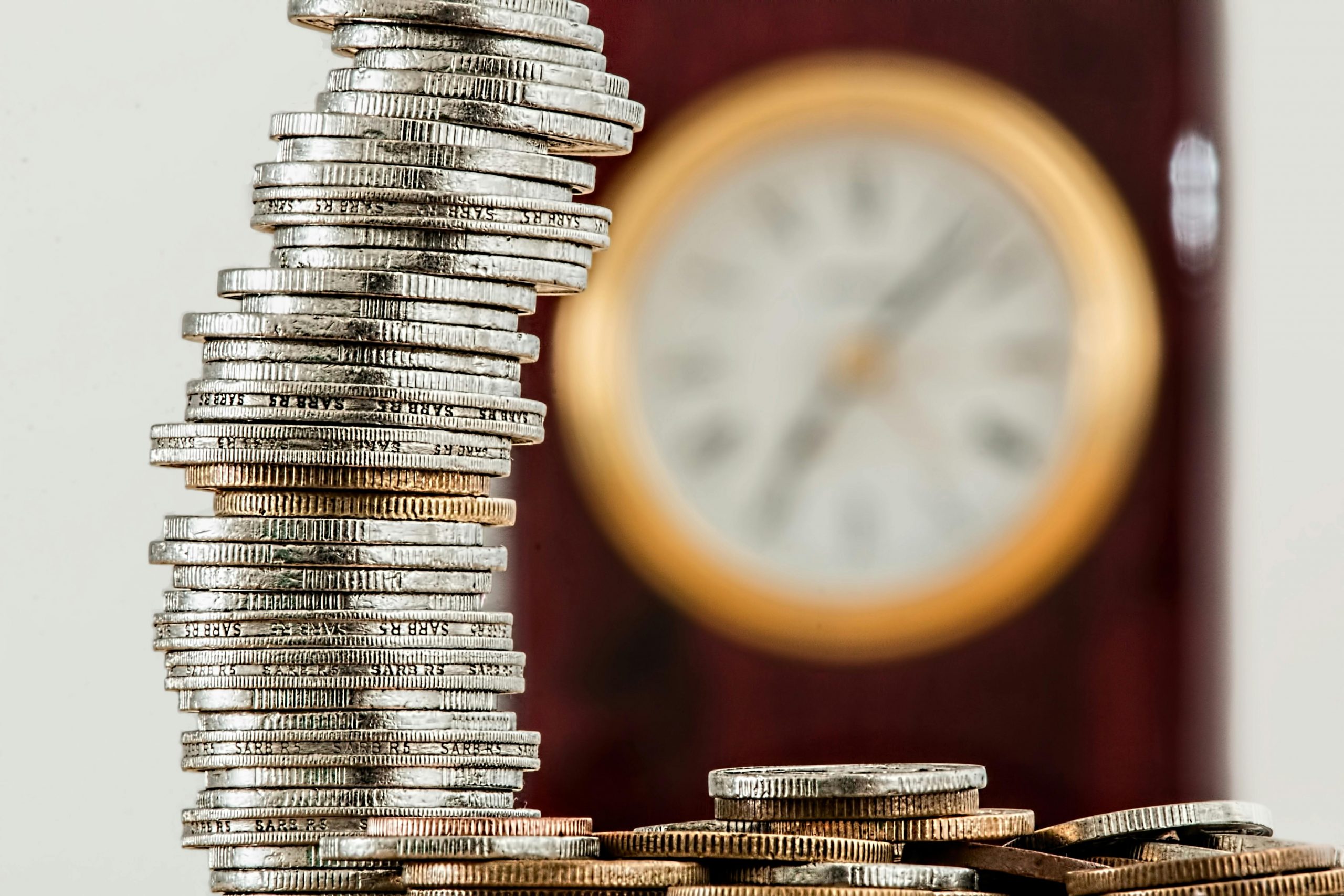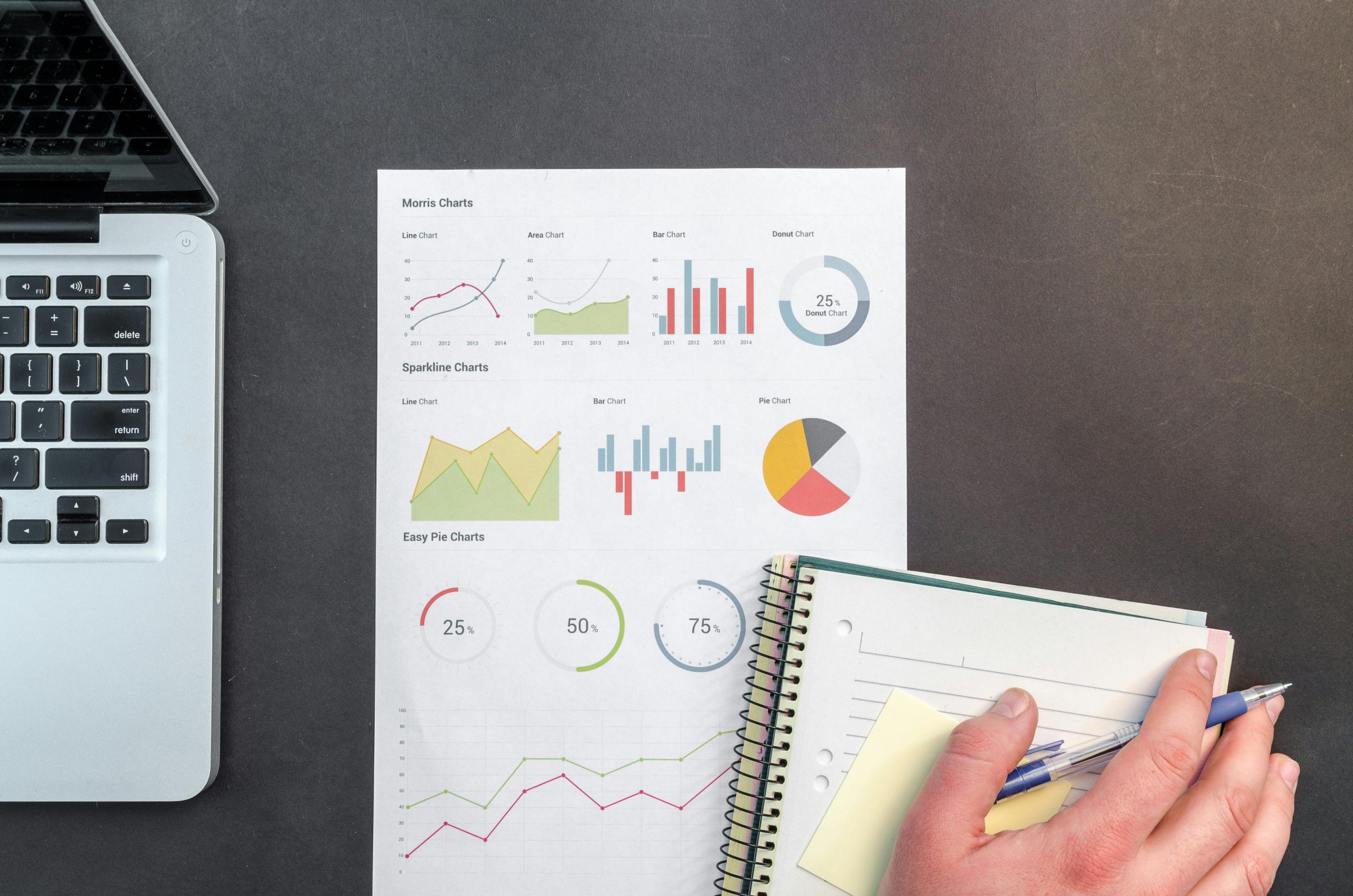Organize you personal Finance: A Finance Tips Daily Guide (2025)
Organize you personal Finance, if you feel like your money disappears without a trace or that saving seems impossible, you’re not alone. Many people were never taught how to properly manage their finances. The good news is that it’s never too late to start. With a clear plan, you can take control of your finances, reduce money-related stress, and build a more stable future.
Understanding Your Starting Point
Before making changes, it’s crucial to assess personal Finance situation. Begin by writing down all your sources of income and then carefully track your spending. This includes both fixed expenses, like rent and utilities, and variable ones such as food, entertainment, and shopping. Knowing personal Finance versus what you spend is the foundation for any improvement.
Once you have this overview, calculate your net worth. This means summing up your assets—like your bank balances, car, or property—and subtracting all outstanding debts. This simple exercise provides a snapshot of your financial health and helps you measure your progress.
To simplify the process, consider using a spreadsheet or one of the many personal Finance apps available, such as Fintonic, YNAB (You Need a Budget), or Monefy.
Building a Realistic Budget
A budget is not about restriction; it’s about intention. By assigning a role to every dollar you earn, you gain control. A popular method is the 50/30/20 rule: 50% of your income goes to needs, 30% to wants, and 20% to savings or debt payments. While this ratio may not suit everyone perfectly, it serves as a useful starting point.
Review your expenses in light of this framework. If your rent or subscriptions push you far beyond the “needs” limit, it might be time to reconsider your current lifestyle choices. Remember, your budget should reflect your goals and values—not just your bills.
Set aside time each month to revise your budget. Financial habits evolve, and your budget should too.
Building an Emergency Fund
Life is unpredictable. From a flat tire to sudden medical expenses, having an emergency fund is critical. Ideally, this fund should cover three to six months of essential expenses. But if you’re just starting, aim for a first goal of €1,000.
This money should be kept separate from your everyday account—preferably in a savings account that is easily accessible but not tempting.
Eliminating Toxic Debt
Debt can be a huge obstacle to financial well-being, especially when it comes with high interest rates. Credit card debt, payday loans, and overdraft fees can quietly drain your resources. Begin by listing all your debts, including how much you owe, the minimum monthly payment, and the interest rate.
Now choose a strategy: either the avalanche method—where you pay off the debt with the highest interest rate first—or the snowball method, focusing on the smallest debt to gain quick wins and momentum.
Setting Financial Goals
Money is a tool to help you live the life you want. That’s why setting clear, actionable goals is vital. Start by identifying what you want to achieve in the short term (like paying off a credit card or saving for a vacation), in the medium term (such as buying a car or starting an investment fund), and in the long term (retiring early or buying a house).
Once your goals are defined, break them down. Divide the total amount needed by the months available to set your monthly savings target.

Automating Your Savings
Saving is easier when you don’t have to think about it. Automate your savings by setting up recurring transfers to a separate account right after payday. Treat savings like a bill—it gets paid no matter what. You can also open multiple sub-accounts for different goals, such as travel, emergency, or investing.
Developing Better Money Habits
Improving your personal finances isn’t a one-time project—it’s a lifestyle shift. Learn continuously: read books, listen to podcasts, and follow credible finance channels. Avoid impulse spending by waiting 48 hours before making a non-essential purchase. And don’t forget to acknowledge your progress. Celebrating small wins reinforces motivation.
Recap: Two Lists to Guide You
Key Financial Milestones
- Track income and expenses
- Create a realistic budget
- Build an emergency fund
- Eliminate high-interest debt
- Set specific goals
- Automate savings
- Build better financial habits
Recommended Tools
- Budgeting apps: YNAB, Fintonic, Monefy
- Savings: N26 sub-accounts, round-up apps
- Learning: “The Psychology of Money”, “Rich Dad Poor Dad” (books), Planet Money (podcast)
Conclusion
Getting your personal finances in order isn’t about perfection—it’s about intention and progress. You don’t need a degree in economics to start building a secure future. You just need clarity, tools, and above all, action. Begin with small, consistent steps and stick with them. Your financial peace of mind is absolutely worth it.
Share this content:












Post Comment